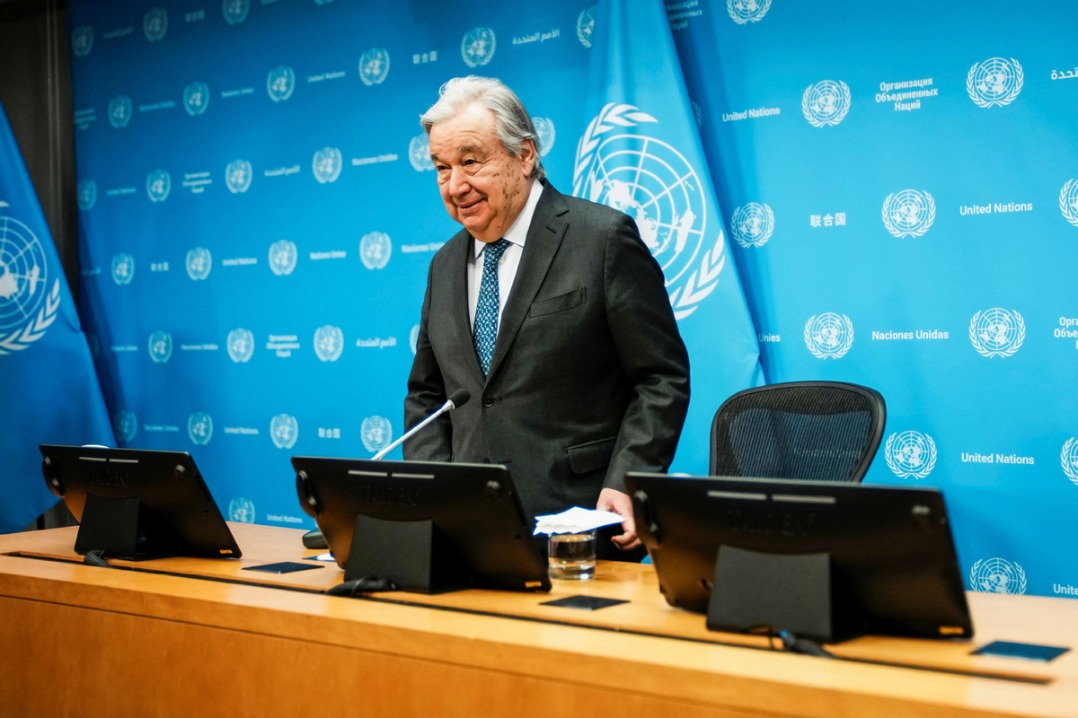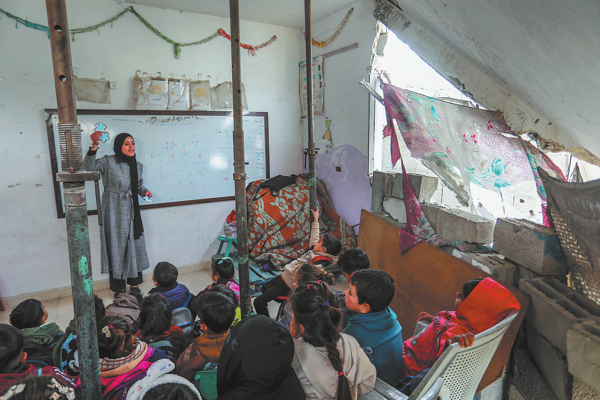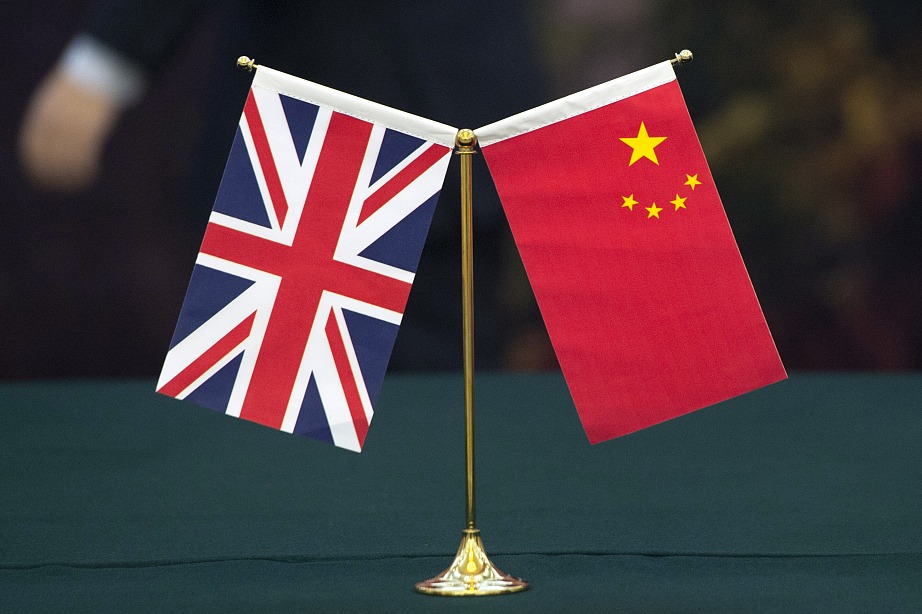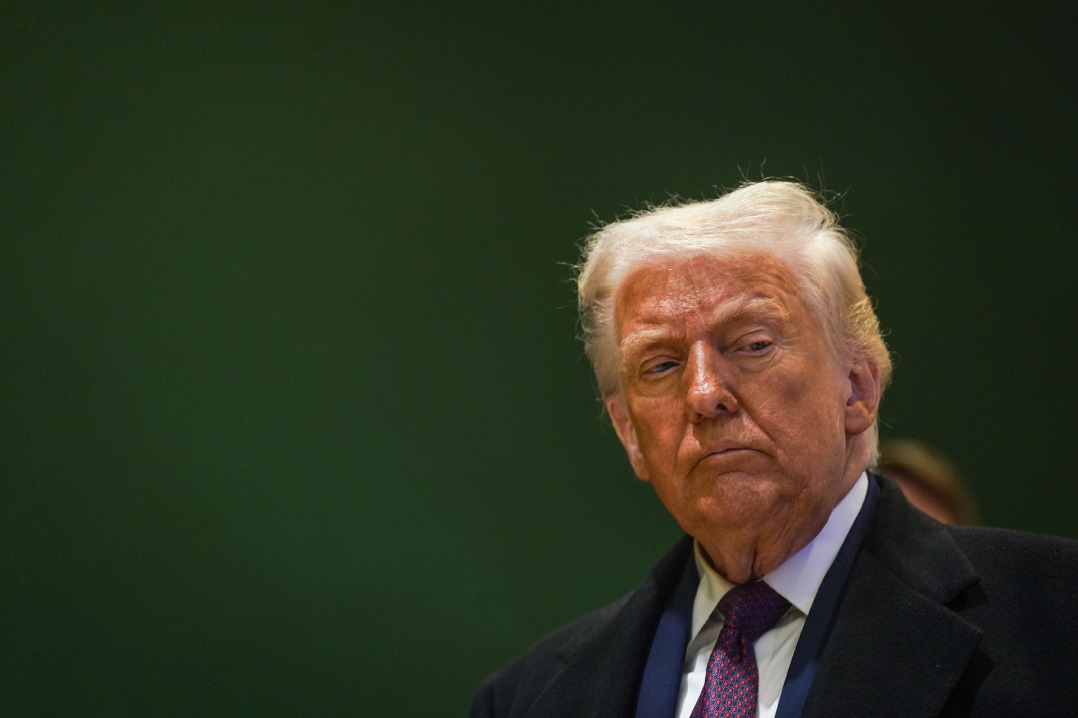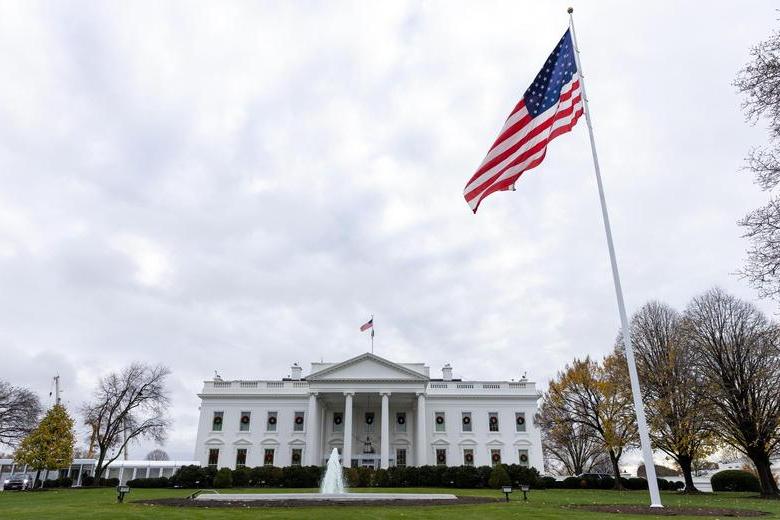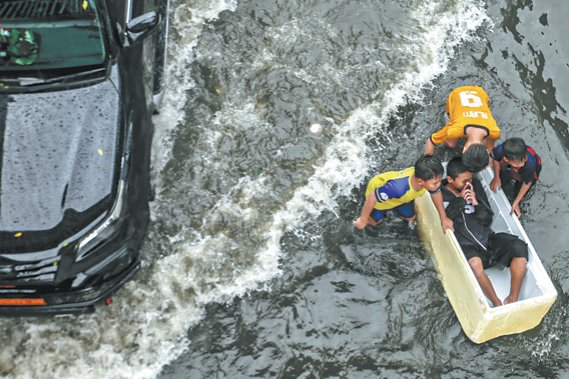Travel Pause
Students from Southeast Asia rethink education plans to US amid immigration crackdowns and policy shifts

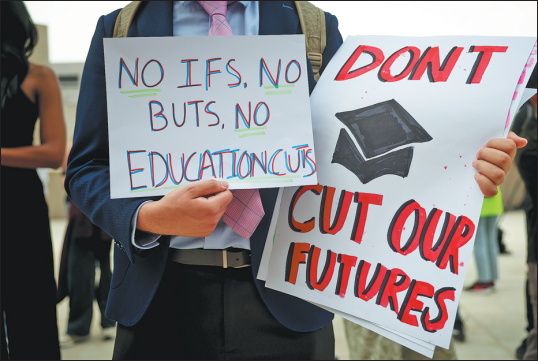
Looking for alternatives
Sibrandes Poppema, president of Sunway University in Malaysia, has seen concerns raised by his students and their parents about the situation in the US over the last few months. He has advised them about alternative plans, such as the possibility of obtaining a US degree while completing their studies in Malaysia. The local private university offers joint programs with Arizona State University and other universities outside Malaysia.
"Having a backup plan is always good," he said, adding he has received more inquiries of late about higher studies in Australia and New Zealand.
There are about 4,816 Malaysians studying in the US for the 2023-24 academic year, according to the Open Doors Report on International Educational Exchange, published by the US Department of State.
Government-funded agency Majlis Amanah Rakyat, or Mara, which sends Malaysian students overseas, has reminded them to abide by the local laws. Nearly 300 Mara-sponsored students are currently in the US.
Along with students from the region, other travelers have expressed concerns over visiting the US and being refused entry or, worse, detained by the US immigration authorities for perceived infractions.
A Singaporean woman posted on TikTok on April 24 about being detained and questioned by ICE upon arrival in Los Angeles, despite having visited the US many times with no issues.
"They didn't say anything. They didn't tell me I was going to be put into a room for two hours," she said in her post, recounting how she was not allowed to use her mobile phone or contact anyone. When contacted by the Singaporean newspaper The Straits Times, the woman, who wanted to be known only as Gladys, confirmed the incident but declined to comment further.
Another Singaporean, who wanted to be known only as Matthew, said he often traveled to Philadelphia for work in 2022 and had a pleasant experience then.
But the current situation is worrying, he said. "I feel like the country has seen many changes in the past three years … Looking at the news and seeing how several minority groups or those from Southeast Asia have been specific targets, it is a huge concern."
The Straits Times spoke to seven travel agencies in Singapore, which collectively said they have not seen a difference in the level of air travel to the US, and that upcoming travel plans have not been canceled.
However, Malaysian Association of Tour and Travel Agents president Nigel Wong observed "a number of cancellations and a general slowdown in bookings for travel to the US".
In December, around 2.55 million Malaysians and 1.24 million Indonesians visited the US — compared with 1.86 million and 1.09 million, respectively, in the previous month — according to London-based global data firm CEIC.
While data from the International Air Transport Association for the month of February showed no decrease in Southeast Asian arrivals in the US, this was before the spate of ICE detentions involving Indonesians in recent months.
Just three months into the year, international arrivals in the US are down sharply, driven by US tariff moves.
The US National Travel and Tourism Office's preliminary figures indicated overseas visitor arrivals in the country fell 11.6 percent year-on-year in March; for the first quarter of 2025, the number of visitors entering the US from overseas was 3.3 percent lower than that of the same period a year ago.
According to travel forecasting firm Tourism Economics, the impact of a less favorable view of the US from abroad could be severe enough that international visits would not surpass pre-pandemic levels until 2029.
Put off by reports of bona fide students and tourists being detained or turned away at the border, some are choosing to stay away from the US or travel elsewhere in the meantime.
Jakarta-based business executive Adrian Suharto, 48, who travels frequently for work and holidays, said he will be avoiding the US this year.
"I saw from the news that a lot of student visa holders, permanent visa holders, are being held in US detention centers, and some are deported. It would be a high risk for us regular tourist visa holders," he said.
THE STRAITS TIMES, SINGAPORE
















